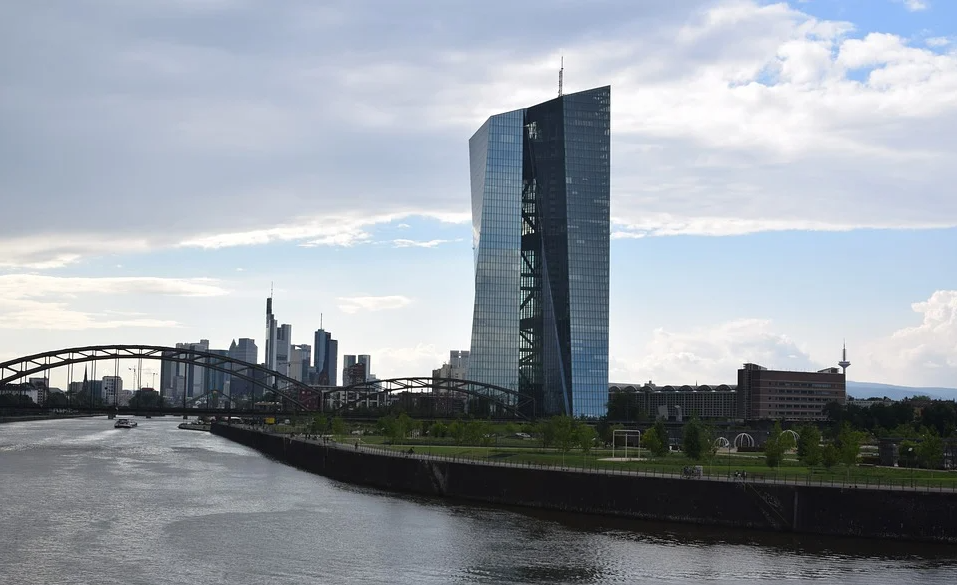AXA IM: ECB to cut by 25bp increments at every Council meeting until June 2025

The ECB is expected to cut by 25bp increments at every Council meeting until June 2025, and last week's payroll report 'killed' probabilty of 50 bps Fed rate cut in November, according to Gilles Moëc, AXA Group Chief Economist and Head of AXA IM Research, in his weekly Macrocast.
Until last week, it seemed that the Fed and the ECB had laid out different plans: The Fed opting for a decisive, pre-emptive path, while the ECB was choosing a more prudent, data dependent and meeting-by-meeting approachYet, "the employment report released last week provided more evidence that the softening of the US economy is proceeding at a glacial pace, while Christine Lagarde’s latest testimony at the European parliament expresses a readiness to engage in back-to-back cuts, the Governing Council – even its hawkish wing – getting more concerned about the deterioration of the real economy," says Moëc adding that "the payroll report for September 'killed' the probability of a 50bp cut in November in the US."
Still, given the FOMC’s willingness to act pre-emptively, even in the absence of glaring signs of an economic downturn, the most plausible scenario in Moëc's view is that the Fed continues to lower its policy rate by 25bp increments, while leaving the terminal rate above its long-term level, as long as inflation continues to behave. In any case, it remains very difficult to predict with any accuracy the Fed’s trajectory in 2025 before the US elections, given the binary nature of the policy proposals in terms of inflation risks.
On the other side of the Atlantic, Moëc thinks the most plausible trajectory for the ECB is to cut by 25bp increments at every Council meeting until June 2025 and the neutral rate, close to 2%, is hit. "For the ECB to dip in properly accommodative territory, a clear recession would need to materialise. There is still a chance this can be avoided," Moëc explains.
